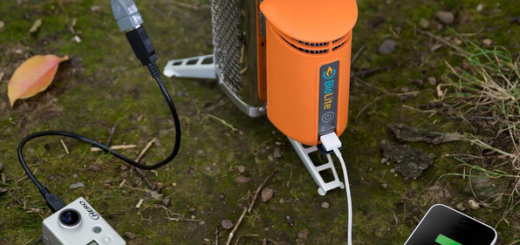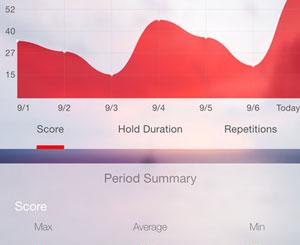Apple to Ditch the Dock Connector, Android Apps 2.5x more Expensive?
0Anyone who has owned an iPod, iPhone, and iPad is familiar with the dock connector. It seems the traditional version may not be here to stay for too long. Apple is rumored to be thinking about ditching it to adopt a “micro dock” which would make room for bigger batteries, 4G radios, and other components. The current one is a big component and takes more space than it should. Considering that Apple is expected to bring LTE-compatible devices to the market in the near future, it will have to make some changes to open some space for 4G LTE radios.

Apple iDevices have changed a lot in the past couple of years. With the “PC-free” approach adopted by the company, the dock connector will have a less important role to play. In the future, we may only need a charging cable for iOS devices as all the syncing and streaming will be done over the air. Of course, this will be a huge change by Apple. Many “Made for iDevice” products will be affected by this.
Speaking of changes, Apple will have to continue offering upgrades to keep its Android rivals at bay. It already has one of the best ecosystems around iDevices. There are plenty of quality apps in the App Store, which have given Apple the chance to differentiate its offering in highly competitive markets. But did you know that Android apps cost more than iPhone apps?
That is according to an analysis by Canalys. A review of top 100 paid applications in the Android Market and App Store suggests that top Android apps on average cost $3.74 each (in comparison to $1.47 for Apple apps).
That developers can apparently charge more for their apps on Android and make it into the top paid list is clearly a positive…. But the reality is that with fewer people willing to purchase apps on Android than on iOS today, there is more of a necessity to do so,
explained Rachel Lashford, Canalys managing director for Mobile and APAC. The study shows that most top apps in the iOS App Store are going for $0.99. That is not the case for Android apps. Not surprisingly, iOS platform stays the most lucrative for developers at this point.




